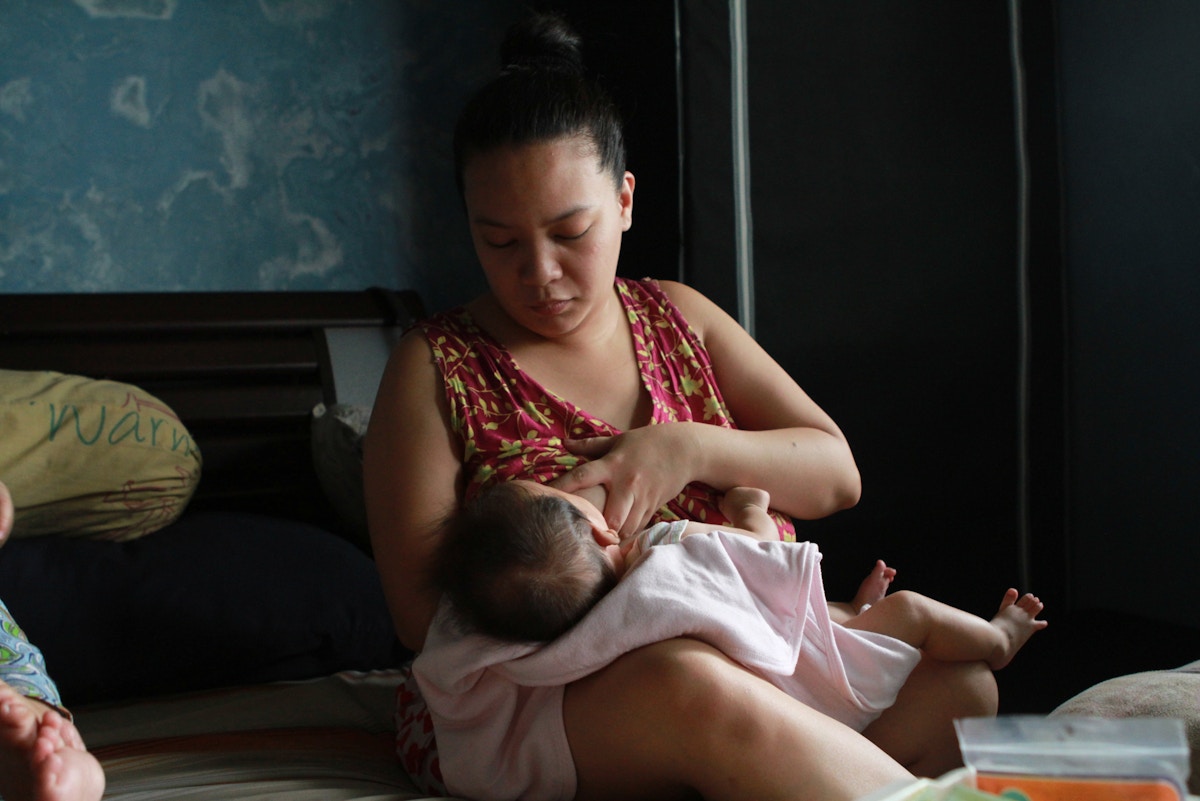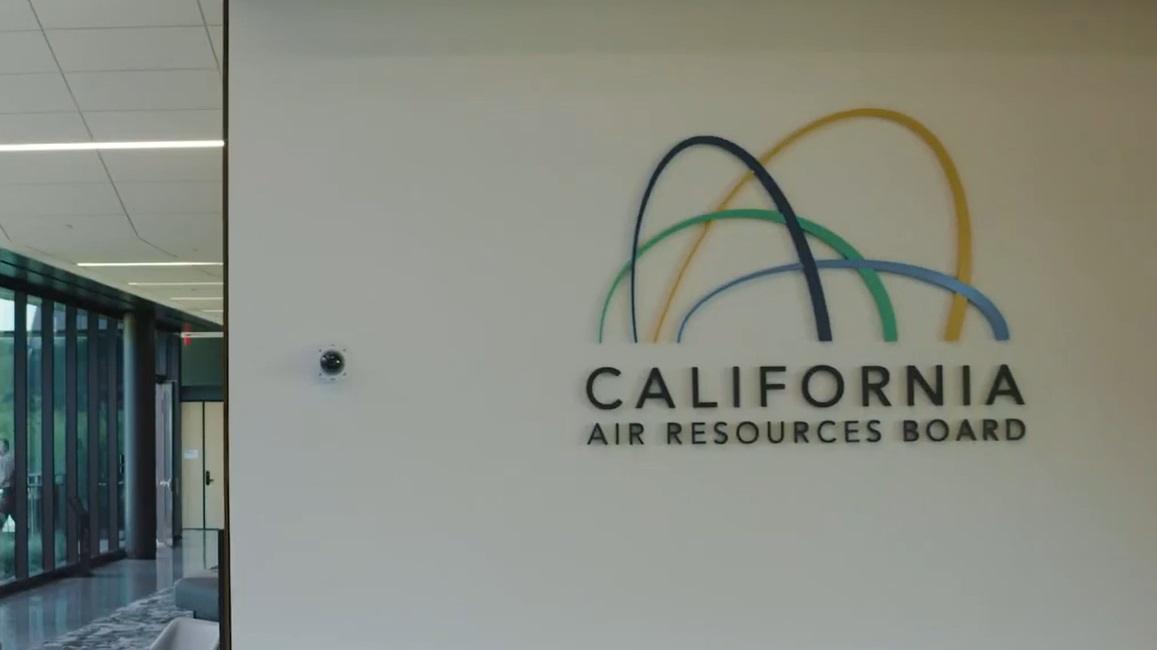Picture this: floods swallowing our neighbourhoods, hurricanes rewriting our maps, wildfires choking our cities – these aren’t previews of some distant apocalypse. They’re happening now, in our backyards, to our families.
For decades, we’ve treated climate change like a problem for future generations to solve or distant communities to endure. But the future has come knocking on our doors, demanding we finally act.
And yet, we live in turbulent times. Conflicts around the globe have reached levels unseen since World War Two.
In 2024, the number of people forced to flee conflict, human rights violations, and persecution surpassed 120 million for the first time in recorded history. As we grapple with this displacement, the impacts of the climate crisis have become more visible and urgent: floods, wildfires, droughts, and extreme weather events, causing untold suffering and economic damages.
But as these threats become more immediate, so too does another insidious danger: the rise of anti-science and anti-evidence narratives.
Fuelled by misinformation, ideological polarisation, and digital disinformation campaigns – often amplified by artificial intelligence – these narratives are undermining public trust in climate science and health authorities.
They delay action, distort policy debates, and dangerously erode the foundation on which rational, evidence-based responses must be built. If left unchecked, this erosion could paralyse our collective ability to act, setting us up for disaster just as the window for effective climate action narrows.
We cannot afford to let evidence become a casualty of conspiracy. We must defend science -loudly, clearly, and relentlessly – because our survival depends on it.
“The truth is: all areas of our health are affected by climate change. The climate crisis is a health crisis.
The climate crisis is a health crisis
In my native Iceland, climate change isn’t a distant threat – it’s a present reality, and one that will have profound effects on our health and wellbeing.
Every Icelandic glacier is retreating. The marine ecosystem is shifting. Melting ice sheets in Greenland and Antarctica may be slowing critical ocean currents at both poles, potentially leading to rising sea levels across the continent, a much colder northern Europe and a hotter, drier southern Europe.
During my tenure as prime minister of Iceland (2017–2024), we introduced the country’s first action plan on climate change and passed legislation committing Iceland to achieving carbon neutrality by 2040. Throughout that time, the connection between climate and health became increasingly clear to me.
The truth is: all areas of our health are affected by climate change. The climate crisis is a health crisis.
It leads to more heat-related illnesses; the emergence of vector-borne diseases like dengue and Lyme disease in new regions; worsens respiratory and cardiovascular conditions due to air pollution; and undermines food systems, causing malnutrition and food insecurity. It threatens access to clean water, affects mental health, and poses particular risks to pregnancy and maternal health.
Moreover, extreme weather events such as heatwaves, wildfires, and floods are becoming more frequent and intense, creating humanitarian emergencies.
Failing to address these health impacts systematically will leave our communities vulnerable and our health systems overstretched in an increasingly unpredictable world.
That’s why when Dr Hans Kluge, the World Health Organization’s Regional Director for Europe, invited me to chair the first-ever independent Pan-European Commission on
Climate and Health, my answer was a resounding yes. WHO, as the world’s global health authority grounded in science and evidence, is the ideal convener for this essential work.





Leave a Reply